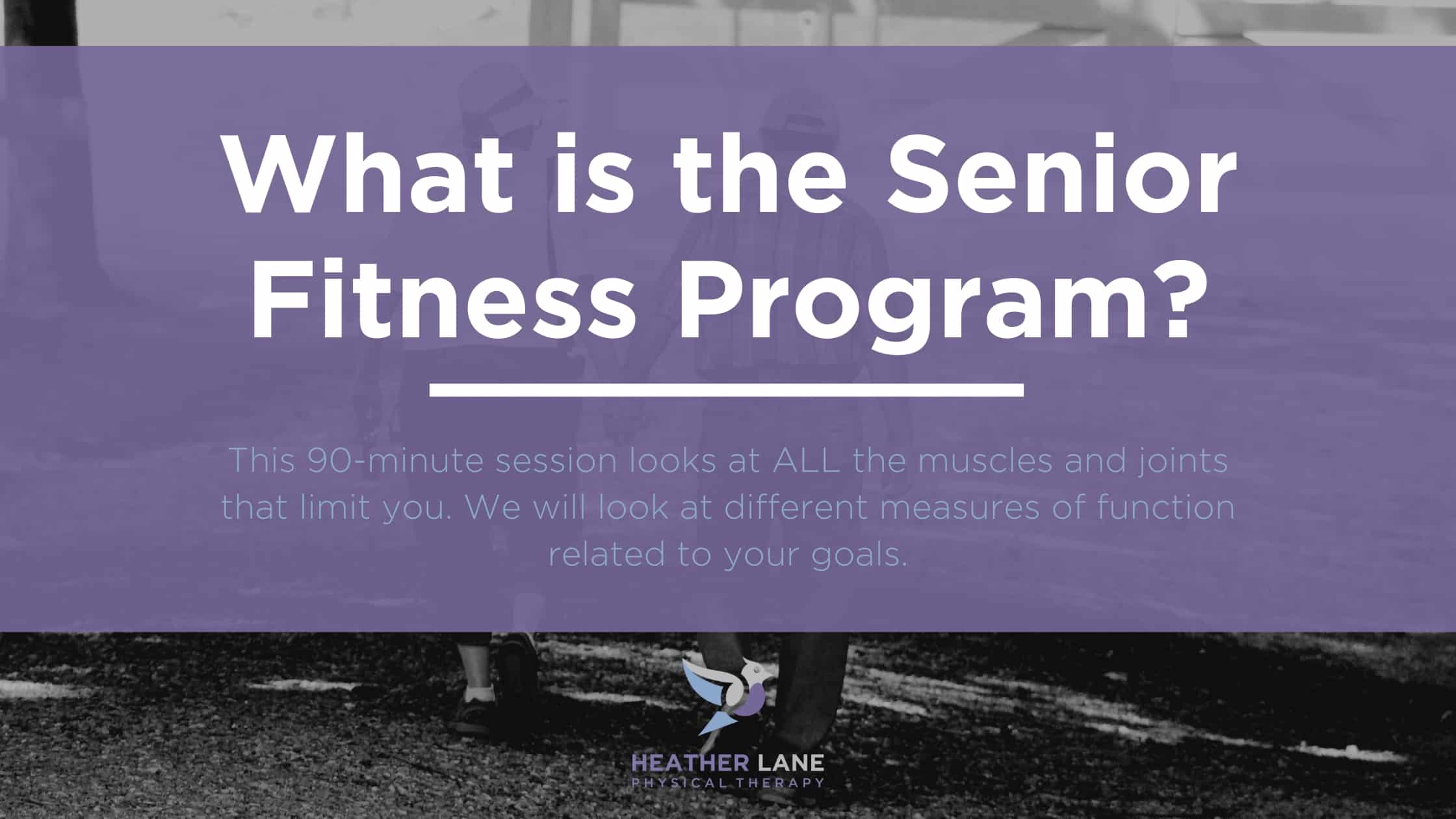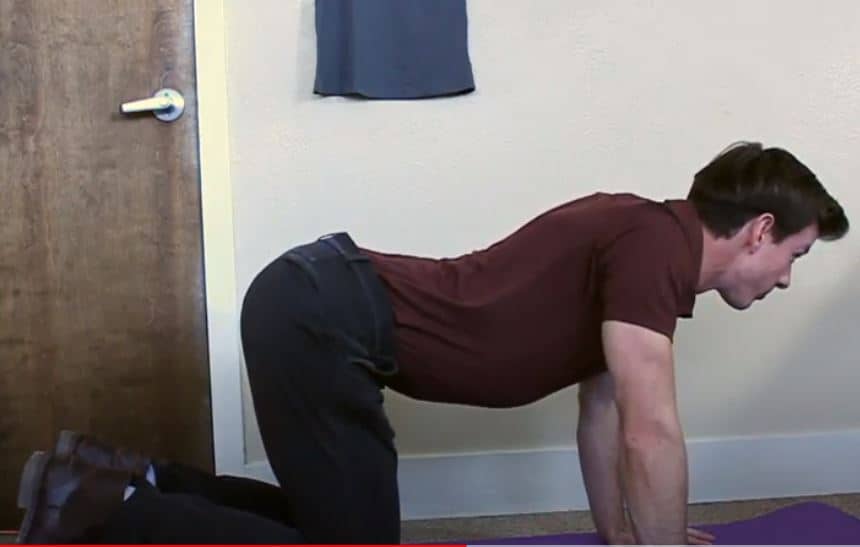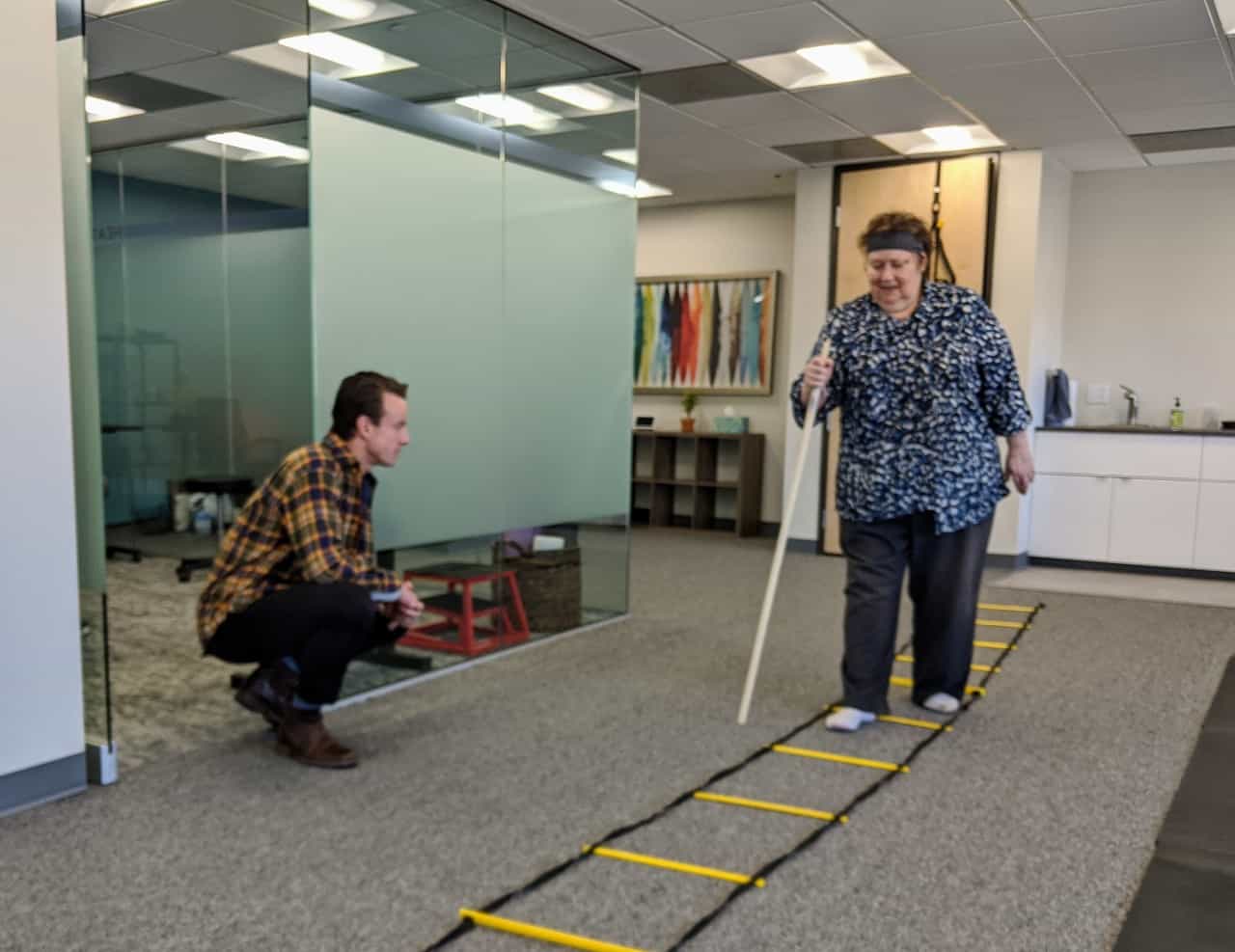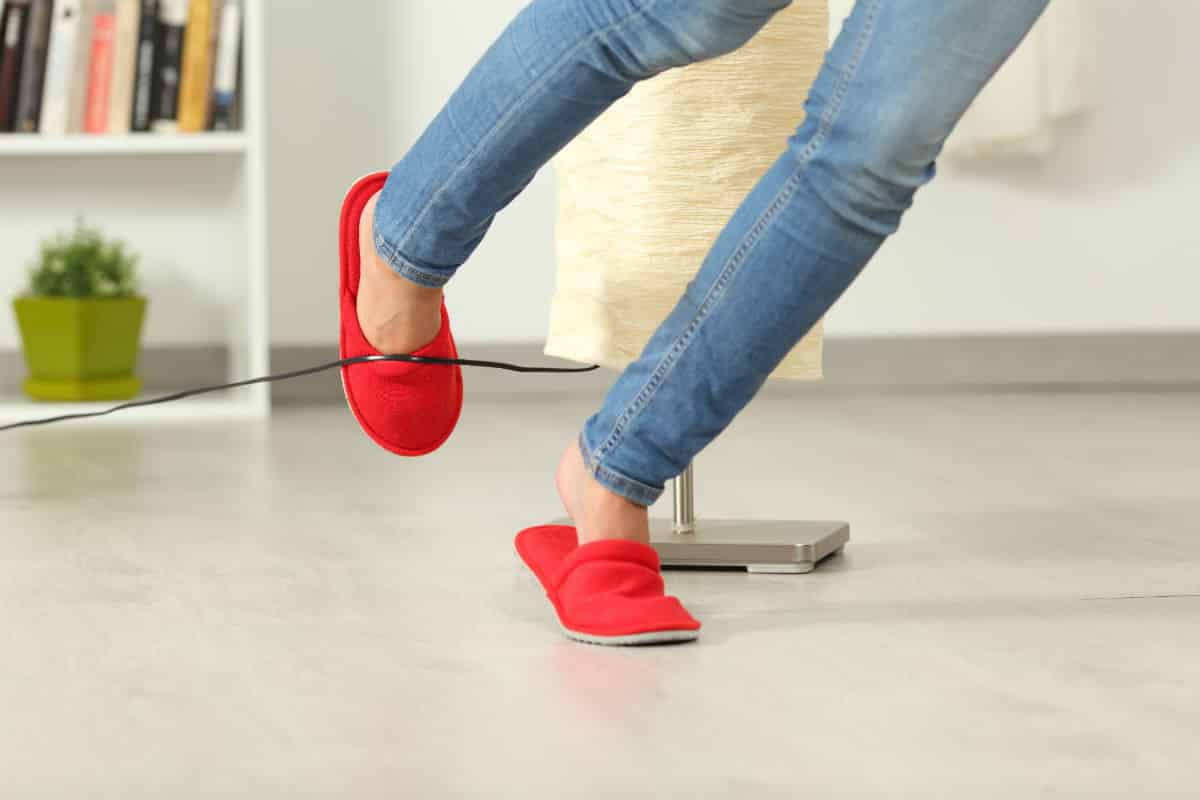Are you nervous about having a fall, having trouble playing on the ground with...
Read More..Hunchback Starting? 3 Physical Therapy Videos Can Help Set Your Posture Straight
Do you have hyperkyphosis? You probably know it as hunchback. If your spine is curving...
Read More..How Your Muscles, Joints and Bones Affect Your Balance
Your muscles, bones and joints all work together to help you keep your balance as...
Read More..Medications Can Cause Falls in Older Adults – Manage Yours to Avoid Taking a Tumble!
Certain medications can cause falls in older adults. If you take medication every day, it’s...
Read More..5 Simple Ways (Not Exercises!) to Prevent Falls When You’re an Older Adult
Check out these 5 tips for preventing falls as you get older. They're measures you...
Read More..Is Active Aging Realistic? 4 Ways Physical Therapy Can Help You Live an Active Life
Physical therapy can improve mobility, endurance and strength to keep you active and independent in...
Read More..






